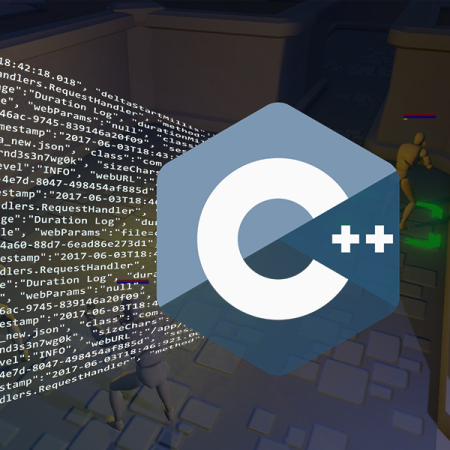Object-oriented programming (OOP) is a fundamental concept in software development that enables modular, reusable, and efficient code. This course provides a comprehensive introduction to OOP in Java, covering the four core principles—encapsulation, inheritance, polymorphism, and abstraction—while applying them to hands-on projects.
Participants will begin by learning how to define and implement Java classes, create and manage objects, and apply constructors and access modifiers for data security. The course then introduces inheritance and polymorphism, demonstrating how to build scalable and flexible software architectures. Additionally, learners will explore design patterns, interfaces, and best practices for writing clean and maintainable Java code.
By the end of this course, learners will have a solid understanding of OOP in Java, enabling them to develop real-world applications and strengthen their programming portfolio.
Sections Included:
- Introduction to Object-Oriented Programming (OOP) in Java – Understanding the four pillars of OOP and their applications.
- Defining and Implementing Classes – Creating Java classes, constructors, and objects.
- Encapsulation and Data Security – Implementing private fields, getters, setters, and access modifiers.
- Inheritance and Code Reusability – Using superclass and subclass relationships to build efficient programs.
- Polymorphism and Dynamic Binding – Understanding method overriding, abstract classes, and interfaces.
- Object-Oriented Design Patterns – Applying common design principles for scalable Java applications.
- Hands-on Java Projects – Building real-world applications using OOP techniques.
Benefits Upon Completion:
- Gain expertise in object-oriented programming (OOP) using Java.
- Learn to design modular, scalable, and maintainable Java applications.
- Master inheritance, encapsulation, polymorphism, and abstraction.
- Develop real-world Java projects to enhance Your portfolio.
- Strengthen Your problem-solving and software engineering skills.







